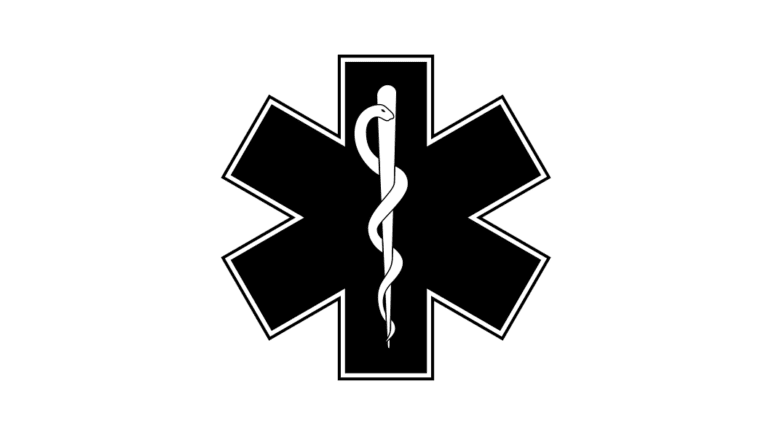by Jill Nolin, Georgia Recorder [This article first appeared in the Georgia Recorder, republished with permission]
March 22, 2023
A measure designed to expand access to behavioral health treatment in Georgia has been trimmed down but remains in play for this year, even if it may take some extraordinary maneuvering to push it through the Senate at this late stage.
The House bill, which builds on last year’s major mental health bill, appears to be caught up in the end-of-session jockeying between the House and Senate when leadership in each chamber leverages bills to get their own priorities passed.
Committee work is wrapping up for the session, which ends next Wednesday. But Sen. Ben Watson, a Savannah Republican who chairs the Senate Health and Human Services Committee, said Wednesday that there were still opportunities to get the bill passed – including potentially bending Senate rules.
Proponents of the bill also remained optimistic the bill, which remains largely intact, would still make it to the finish line this year.
“We don’t want to get into the politics of the Gold Dome. We just need House bill 520 to pass,” said Jeff Breedlove, chief of communications and policy with the Georgia Council for Recovery. “It’s important that politics not derail the policy of House Bill 520. It must pass because it saves lives.”
The bill cleared the House early this month with a 163-to-3 vote but found spirited opposition from conservative activists in the Senate. At least three State Patrol officers were on hand for a Wednesday hearing.
“Let’s be civil to each other and respectful to each other,” Watson said to the packed room at the state Capitol. “I apologize for having to say that.”
The measure would streamline data sharing among state agencies, study the state’s crisis bed space capacity and expand a loan repayment program meant to grow the behavioral health workforce.
But activists argue the proposal would grow government on the taxpayers’ dime, and they say parts of the bill are too vague.
Several critics, for example, took issue with references to “monitoring” in the bill, although it’s mostly used in sections dealing with behavioral health care workers who run into their own personal challenges but later voluntarily participate in a rehabilitative program to have their license restored.
“The bill only uses a loose term that we’re supposed to interpret,” said Hank Sullivan, an opponent of the bill.
Watson said the program – and its monitoring component – has been in place for decades for the benefit of doctors and other health care providers who are trying to regain their authority to practice in Georgia. The bill would expand the program to behavioral health care professionals like therapists and social workers.
“No ankle monitors, no devices, nothing like that. It’s been going on since the 1970s,” Watson said.
The bill shed other provisions that had drawn opposition, such as one barring local housing authorities from rejecting an applicant who has a criminal record as an attempt to remove barriers to housing.
The measure now offers a narrower expansion of a loan forgiveness plan that had also been derided by some conservatives as a liberal policy.
Gone also is a push to offer health-related social supports – like for housing and employment – for eligible Medicaid recipients under the age of 19. Such a change would require federal review and cost the state treasury $45 million with an additional $90 million federal match.
An analysis of the House version’s cost put the total price tag at as much as nearly $72 million annually and one-time expenses of up to $3.7 million for the studies outlined in the legislation.
Rep. Mary Margaret Oliver, a Decatur Democrat and one of the bill’s lead sponsors, said Wednesday she was encouraged by the Senate’s work but that there’s more work to be done.
Oliver said she was particularly focused on barriers for the workforce. A study that would have looked at ways to modernize the state’s licensing system was dropped from the bill, though senators say they propose to accomplish the same through a study committee.
But she said she is tuning out the late-session political drama.
“I’m focusing on the document and focused on the provisions, and I feel hopeful and confident that we will make some additional changes and reach some conclusions that most of us will be pretty happy with,” Oliver said.
Georgia Recorder is part of States Newsroom, a network of news bureaus supported by grants and a coalition of donors as a 501c(3) public charity. Georgia Recorder maintains editorial independence. Contact Editor John McCosh for questions: info@georgiarecorder.com. Follow Georgia Recorder on Facebook and Twitter.
